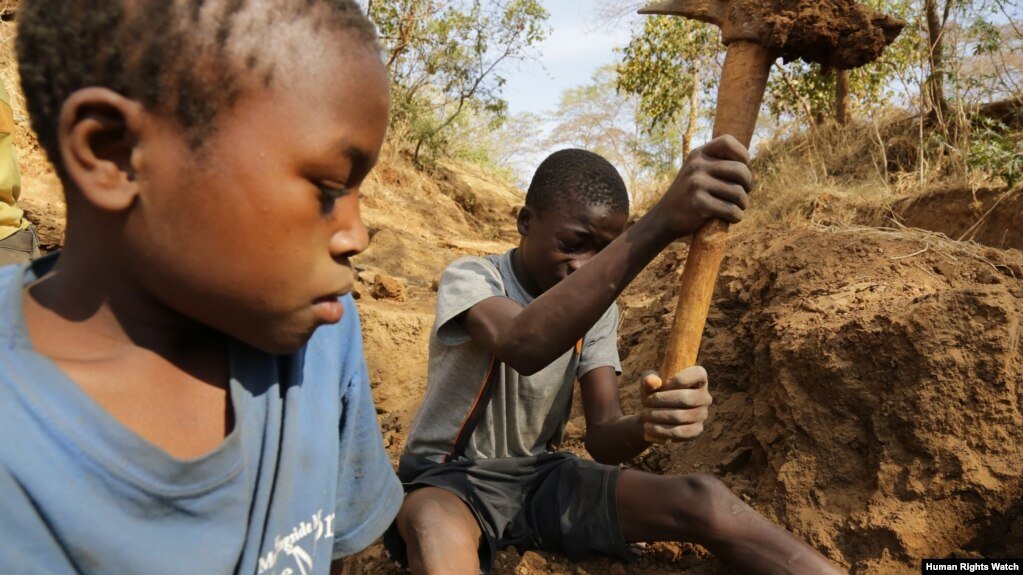Zanzibar, a picturesque island, conceals a dark secret. Approximately 130,000 Tanzanian children live as slaves in the homes of the affluent on this island. It is a deeply troubling issue that involves child labor and the exploitation of children as domestic servants.
Child labor in Tanzania, and specifically in Zanzibar, remains a largely hidden problem, making it challenging to obtain accurate data. Reports suggest that nearly a million children work in affluent households or tourist establishments in Zanzibar. The Tanzania Mainland National Child Labor Survey estimates that over 5 million children, aged 5 to 17, are not attending school and are engaged in work, with approximately 110,000 girls and 20,000 boys involved in household work.
This form of child labor is particularly alarming because it often presents itself as an opportunity for impoverished families, primarily from rural areas. Parents frequently encourage their children to work in wealthier households, believing it will provide financial support for the family and offer their children the chance to receive an education. While some children do benefit from this arrangement, for many, it becomes a harsh and exploitative reality. These children are subjected to physical and emotional abuse, effectively robbing them of their childhood and jeopardizing their future.
Child slavery in Tanzania is the primary facet of human trafficking in the country, and despite the government’s efforts to combat it, significant challenges persist. Factors such as limited access to the internet and digital skills contribute to the perpetuation of this issue, exacerbating the disparities between those with and without access to these critical resources.



































